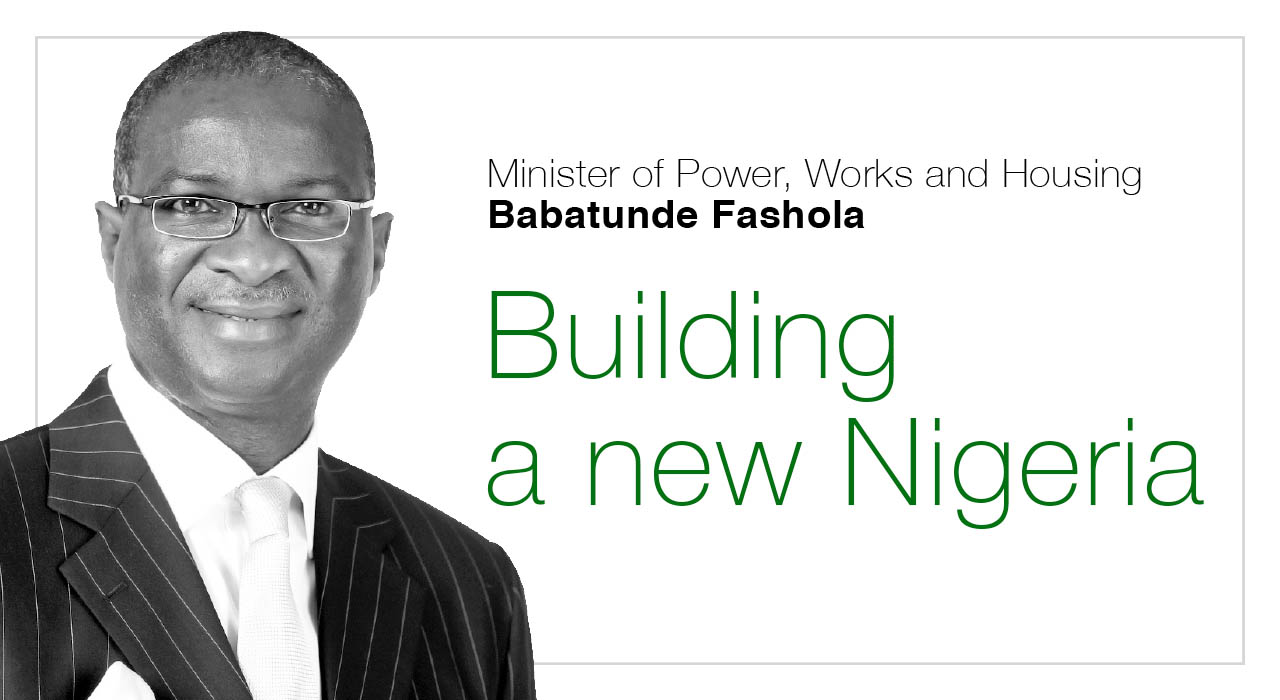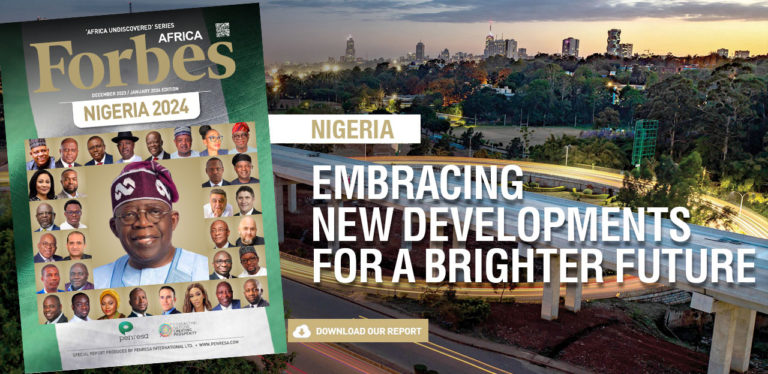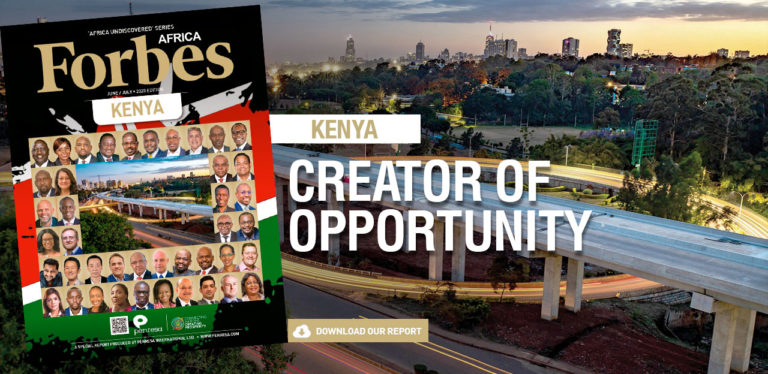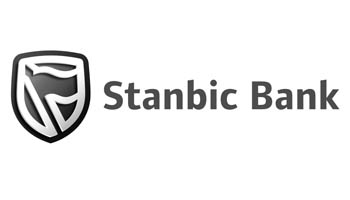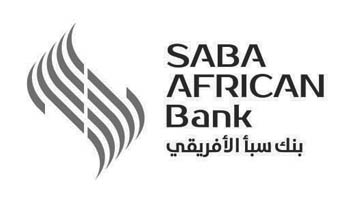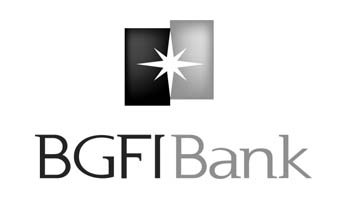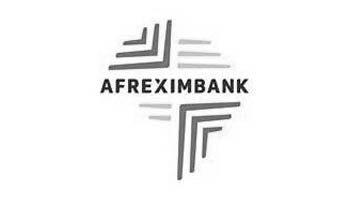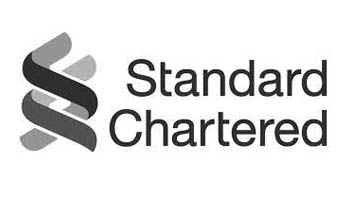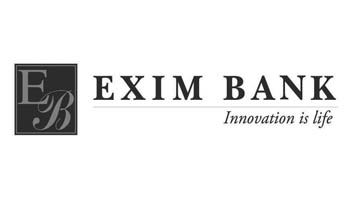A pillar to the administration, the Ministry of Power, Works and Housing is key to constructing the opportunities needed for economic diversification.
Hon. Babatunde Fashola successfully heads the most complex and demanding ministries in present day Nigeria; one upon which the development of other sectors, such as agriculture and industrialisation, are also dependent. Hon. Fashola’s role and policies are crucial to the diversification of the economy, mobilising the people and flinging open the gate to safe and secure trade. Here, he speaks to Penresa about the Ministry’s major projects and the need for infrastructural and technological progress.
Can you give us an overview of the key projects that the Ministry is incentivising to enable the country’s connectivity and boost economic activities across the country?
We’re building roads, bridges, houses and power assets, particularly transmission assets, which government retains in the aftermath of privatisation. The investment in infrastructure is driving the value chain of the economic diversification. We welcome transparent partnerships, that feel sufficiently comforted by the bold steps that we are taking to do things for ourselves, to come along with us.
One of the biggest challenges for foreign investors is always infrastructure. They want to come to a place where there is a stable regulatory system that will assist their needs. How do you encourage these foreign direct investors to come to the country?
We have a large market that is underserved, that’s a huge market for any smart investor. We have a population that demonstrably shows that it values quality. We protect existing contracts and we renegotiate those we think require negotiation. We are concerned about business, so you will see us leading the reform for ease of doing business. You will see us promoting the role of private capital and doing everything by government policy to enable it. Each investor will prosper and survive by the quality of the service it renders to the market and that’s competition.
You recently advocated for a National Digital Map. What do you hope this will accomplish for Nigeria and how long would it take to implement? What are the pros and cons of having the NDM?
Maps are critical to infrastructure development, they’re critical to design, feasibility, planning and execution. Our administration delivered a digital map for Lagos and that has saved a lot of time and money. We could design roads in our offices without needing to go out onto the field. We had information, including barometric underwater data. It also helps in movement of goods and services. So, it’s an investment in infrastructure delivery. We’re committed to IT. We’re installing more broadband and connectivity across the country. All of this becomes more useful and effective in digital form. This also gives us a lot of readings, statistics and data that we don’t have.
After 35 years of talk about the Mambilla Hydro-Power project, the Nigerian government has approved the contract for its construction. What are the main benefits of its implementation?
It demonstrates President Buhari’s decisive and deliberate leadership. When he visited China last year, he met with his opposite number and said we need to close on this project, it is important to my people. The parties that had been quarrelling for decades were given a very clear mandate – go and reconcile, go and resolve, go and form a joint venture otherwise we will change you. We’ve reached a major decisive hurdle that focuses on the project. It’s a
72-month project through construction.

